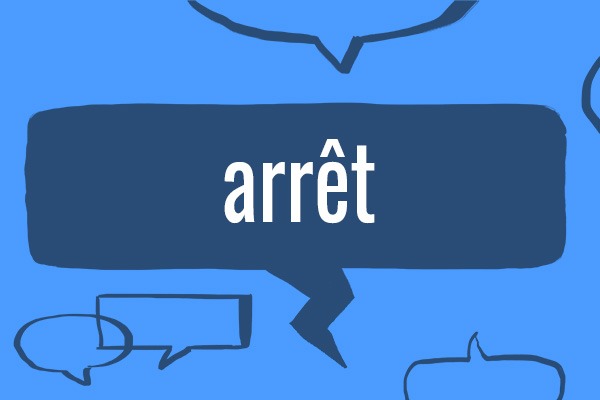Welcome back! In this edition of our weekly French vocabulary blog, the word we’re studying is sauf.
Before we get all the details of what it means and ways to use it, have a listen to the audio clip to hear its pronunciation:
Moving on to the translation, there are two very distinct translations according to two very distinct grammatical functions.
Firstly, when sauf is used as a preposition, it means except. You’ll probably find it most frequently used this way. For more information on the grammar, check out our Easy Learning French Grammar pages on how to use prepositions and the most common prepositions in French.
Secondly, when sauf is used as an adjective, it translates to safe or unharmed. Another point to note is that the adjective might be spelled in a slightly different way depending on the grammatical gender of the noun it’s describing, and whether it’s singular or plural:
- sauf for masculine singular
- saufs for masculine plural
- sauve for feminine singular
- sauves for feminine plural
If you’d like to learn more, you can find extensive and detailed information in our Easy Learning French Grammar section on adjectives.
Now that we’ve covered the most important points on grammar, we’ll take a look at how you might encounter sauf in both type of usage.
As a preposition:
Vous êtes tous invités sauf Hélène et son mari. You’re all invited except Hélène and her husband.
On a aimé toutes les peintures à l’exposition sauf la dernière. We liked all the paintings in the exhibition except the last one.
« Vous arriverez à quelle heure demain ? » « Nous arriverons à cinq heures, sauf empêchement… » “What time will you arrive at tomorrow?” “We’ll be there at five o’clock, unless anything gets in our way….”
sauf si unless; except (note that you don’t need to also translate the French ‘si’ to the English ‘if’ here, it’s a set phrase)
sauf que except that ; unless
J’amènerai ma mère au théâtre, sauf si les billets sont déjà complets. I’ll take my mum to the theatre, unless the tickets are already sold out.
Tout le monde va manger dehors sauf s’il pleut. Everyone’s going to eat outdoors unless it rains.
Les vacances vont très bien, sauf qu’il pleut la plupart du temps. The holiday is going really well, except that it’s raining most of the time.
And finally, as an adjective:
sauf et sain safe and sound
Dis-moi quand tu rentres ! Je veux être sûr que tu es sauf et sain. Let me know when you get home! I want to make sure that you’re safe and sound.
laisser la vie sauve à quel qu’un to spare someone’s life
So you’ve just about mastered this week’s word, except now you need to try putting it into use. Stay safe and sound, we’ll see you here again next week!
Written by Holly Tarbet, freelance copywriter and editor.
All opinions expressed on this blog are those of the individual writers, and do not necessarily reflect the opinions or policies of Collins, or its parent company, HarperCollins.



